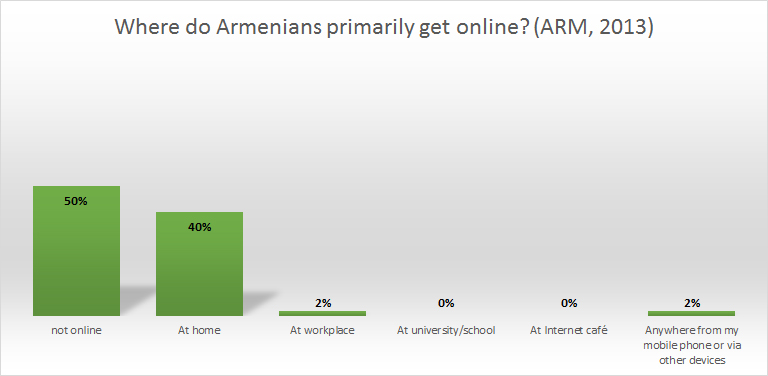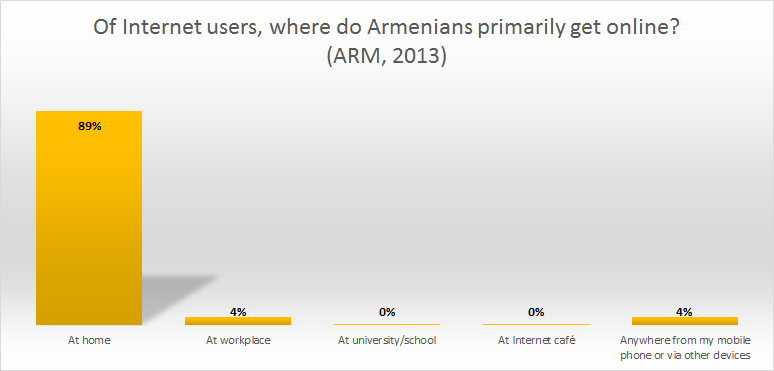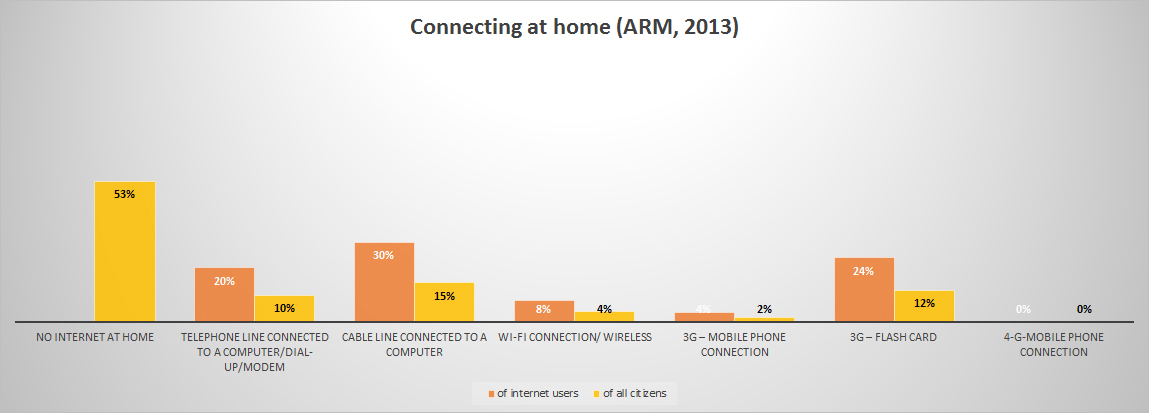The Azerbaijani opposition has cooperated and agreed upon (for now) a single candidate for the upcoming presidential election: Rustam Ibragimbekov. Ibragimbekov (Ibrahimbekov /Ibrahimbeyov / Ibragimbeyov) is a 74-year-old screenwriter, best known for winning an Oscar for the (awesome) 1995 film “Burnt by the Sun.” (Well, it won best foreign film, so he shared the award.)
Despite residing in Moscow (and LA?), he has been involved on the fringe of Azerbaijani politics. Perhaps “on the fringe” simplifies his role, but certainly he isn’t involved in the day-to-day politics. You can read more about this in the Wikipedia article linked above.
One question that I have is — do regular Azerbaijanis know who Ibragimbekov is? He certainly is well known in intellectual circles, but I have no idea if the average rural Azerbaijani recognizes his name. Was he lauded during the Soviet period?
A government spokesman even said (in late July 2013) “If Rustam Ibrahimbeyov thinks that the entire Azerbaijani society must be grateful to him for a couple of films, this is the wrong position.”
So I went back into the foreign and US news archives to see if I could determine news coverage about Ibragimbekov. Here are PDFs of the news archives if you want to check it out for yourself. articles1 articles2 articles3 articles4 articles5 EBSCOhost LNtotalenglish LNtotalforeign LNbroad
In the 1980s and early 1990s Ibragimbekov popped up in the American news when there were occasional joint Soviet-American film projects. He was head of an association that worked on joint projects and would comment on the efforts.
In the 2000s he had a few films that premiered on the international circuit and reviews appeared in some American newspapers.
In 2004 he made some statements about NK, apparently to the BBC. Here is a report on this from ArmInfo.
ARMINFO NEWS AGENCY
May 21, 2004
SOLUTION TO PROBLEM BY FORCE METHODS IN 20TH AND 21ST CENTURIES IS A CRIME AGAINST HUMANITY: AZERBAIJANI WRITER
BAKU, MAY 21. ARMINFO. Even if the Armenian party manages to prove that historically, politically etc…, Nagorny Karabakh must be separated from Azerbaijan, a solution to the problem by force methods in the 20th and 21st centuries is a crime against humanity, on the whole, said a well-known Azerbaijani writer Rustam Ibragimbekov in his interview to BBC.
He said that in this case the question is not the conflict between Armenians and Azerbaijanis. Thus, the World War I started with a shot by a student. On the one hand, Azerbaijan has lost must because of the conflict. on the other hand, Armenia loses much because of the economic blockade i.e. because of the conflict. Armenians are known to be very enterprising people, professionals, and now, if they were engaged in the economic and financial processes in Azerbaijan, it would have brought a great benefit both to Azerbaijan and them. Being part of Azerbaijan is more advantageous for them than being part of Armenia, as Azerbaijan means oil, great business potential, and Armenians are potential businessmen, the writer said.
He also said that Armenians residing in the territory of Azerbaijan before, entered the common career circulatory system. In 30s and 40s of the XX century. everything was so exact. a man worked in Karabakh, then he moved to Baku and then to Moscow. A usual state-party career stairs. But at a definite moment, the Karabakh residents felt that their move upstairs in Azerbaijan was slackened, as many local national cadres occured who competed with them. Armenia, in its turn, did not accept Karabakh residents as they were member of the Azerbaijani party-organization. The enterprising people, every one of the one hundred of thousands of the people, faced a deadlock and wanted to get separated, Ibragimbekov said.
And also from ArmInfo in 2004:
ARMINFO NEWS AGENCY
May 21, 2004
AS A WORLD CITIZEN I GIVES BOTH PARTIES THE RIGHT TO NAGORNY KARABAKH, BUT THIS CONFLICT MUST NOT BE SOLVED BY FORCE METHODS: AZERBAIJANI WRITER
BAKU, MAY 21. ARMINFO. “In connection with Karabakh conflict, Baku lost wonderful Baku citizens, several hundreds of thousands of perfect specialists loving Azerbaijan and Baku (I mean Armenians) who had to leave the country,” said a well-known Azerbaijani writer Rustam Ibragimbekov in his interview to the BBC.
It is noteworthy that Ibrigimbekov is the scenarist of the Soviet masterpiece of movie “The Desert White Sun,” as well as the films, the winner of grand prizes of the Cannes Movie Festival in Venice, his another film “Tired of Sun” won Oscar.
He refuted the information that Azerbaijan Mass Media has activated the campaign on creation of an image of the enemy in the person of Armenians. He said that the current developments are just a feeling of despair, which gradually embraces the Azerbaijani residents. And it is justified as “we constantly wait for the word community to interfere into this conflict more actively.” “Besides the Karabakh problem, there are 7 occupied territories of Azerbaijan bearing no relations to Karabakh. However, they are seized. If this issue is partially solved on the basis of some compromises, naturally, it would considerably change the attitude of Azerbaijanis to the conflict. Everything would be much easier,” Ibragimbekov said.
He said that if those who was in a hurry to settle the conflict at the end of 80s had a little patience, “we would have got more simple resolution, less bloody and painful for the both parties.” As a world citizen he gives both parties the right to Nagorny Karabakh, but thinks that this conflict must not be solved by force methods.
In 2008 Ibragimbekov made a few statements criticizing the Azerbaijani government. This RFERL article is probably worth reading.
Azerbaijani Director Demonized For Comments On National Elite
Government Press Releases (USA) – Tuesday, November 18, 2008
More than last month’s utterly predictable presidential ballot, more even than the November 2 meeting in Moscow between the presidents of Armenia, Azerbaijan, and Russia, a recent interview by the acclaimed Moscow-based Azerbaijani writer and film director Rustam Ibragimbekov has galvanized and polarized Azerbaijan’s political elite and intelligentsia.
The brief interview was published by pravda.ru in late October. Asked whether the situation in Baku today is “better” than before the demise of the USSR, Ibragimbekov deplored what he termed a “demographic catastrophe” that has completely transformed the city’s population. He pointed out that of a population of 1.5 million, approximately half — mostly Azeris — have left, and they have been replaced by 2 million newcomers who “are not ready for urban life.”
As a result, Ibragimbekov continued, Baku, which used to have its own lifestyle and outlook on life, has become a totally different city, although “a few outposts” of the old mentality still survive. And even more crucially, what he referred to as the “national elite” has been largely destroyed, and its few surviving representatives sidelined. The very mechanism for sustaining such an elite has been destroyed, Ibragimbekov continued. And in a country without a true national elite, those who rise to positions of power and authority do so not on the basis of their abilities, but thanks to family or regional ties, or financial clout.
Azerbaijan’s parliament scheduled an emergency debate on Ibragimbekov ‘s interview on October 30. In its virulence and vindictiveness, the debate was chillingly reminiscent of Soviet-era intolerance of dissent. One deputy after another accused Ibragimbekov of lacking patriotism or seeking to split the nation. For example, Yagub Mahmudov, the director of the Institute of History of Azerbaijan’s Academy of Sciences, denounced the interview as an insult to the entire Azerbaijani nation, and in particular to the intelligentsia. He declared that if pravda.ru had distorted what Ibragimbekov actually said, he should disavow the interview, and that if he was quoted accurately, he should apologize.
Not a single deputy spoke out during the debate in Ibragimbekov ‘s defense, although indefatigable oppositionist Panah Guseinov commented that if Ibragimbekov had the current parliament in mind when he spoke of persons who rose to authority despite their lack of abilities, his observation was correct. But some deputies from the ranks of the intelligentsia reportedly admitted privately that they considered the vilification of Ibragimbekov excessive.
By contrast, opposition politician Lala-Shovket Gadjiyeva lauded Ibragimbekov in a November 1 interview with day.az as “a true patriot,” and argued that the parliament deputies’ collective reaction only serves to underscore that “the tradition of exerting pressure on successful, honest, worthy people still survives…. We have never valued our intelligentsia,” but always sought to destroy its finest representatives, Gadjiyeva said.
Echoes of the Soviet Era
Journalist Ramiz Abutalybov on November 3 compared the verbal attacks on Ibragimbekov to the 1930s denunciations of Mamed Emin Rasulzade, leader of the short-lived Azerbaijan Democratic Republic from 1918-20, as an “enemy of the people,” and to the later vilification of acclaimed Soviet Russian writers Boris Pasternak and Alexander Solzhenitsyn by people who had never read a word they wrote.
The creative intelligentsia, meanwhile, rallied to Ibragimbekov ‘s defense: a total of 286 people signed a statement affirming Ibragimbekov ‘s right to express his views and criticizing the parliament reaction as “an alarming symptom of our lawmakers’ low [level of] political culture,” day.az reported on November 7.
Echoing George Bernard Shaw, Ibragimbekov told day.az on October 31 that while he does not share his critics’ assessments, he respects their right to express them. He also confirmed that his original statements were not distorted, although he said they were shortened in a way that slightly changed the original emphasis. And he said he sees no reason to apologize.
But in a November 3 interview with RFE/RL’s Azerbaijani Service, Ibragimbekov was more categorical, affirming that parliament deputies demonstrated “political illiteracy” by convening a debate on his interview without taking into account the political implications of doing so. “The parliament session was a direct refutation of [the existence of] freedom of speech in Azerbaijan.”
At the same time, Ibragimbekov stressed to RFE/RL that he did not mean to imply in his pravda.ru interview that the present Azerbaijani leadership is composed entirely of mediocrities.
While much of what Ibragimbekov said in that interview is valid, two aspects of his jeremiad nonetheless require qualification. He fails to mention that the eclipse of Baku’s reputation as a cosmopolitan, sophisticated, and tolerant city began before the collapse of the USSR, with vicious reprisals against Armenians in 1988 in retaliation for the campaign initiated by the oblast soviet of the then-Nagorno-Karabakh Autonomous Oblast for the enclave’s unification with the then-Armenian SSR. Many Armenian families fled Azerbaijan at that time in fear of their lives.
And Ibragimbekov ‘s warning that in a country devoid of a national elite, connections and money, rather than ability, become the key to a successful career does not encompass the counterargument that during the Soviet era, membership of the Communist Party of the Soviet Union and public adherence to the party line were the sine qua non for advancement.
RFE/RL
In 2013 the articles are primarily about Ibragimbekov as a candidate.
…..
I wasn’t able to find any coverage of Ibragimbekov in the mainstream Azerbaijani press. That doesn’t mean that there wasn’t ever any coverage, but there aren’t any records of it. It’d be great to get a better sense of the people’s knowledge of this man. I don’t think that these news sources are going to answer my question though.















